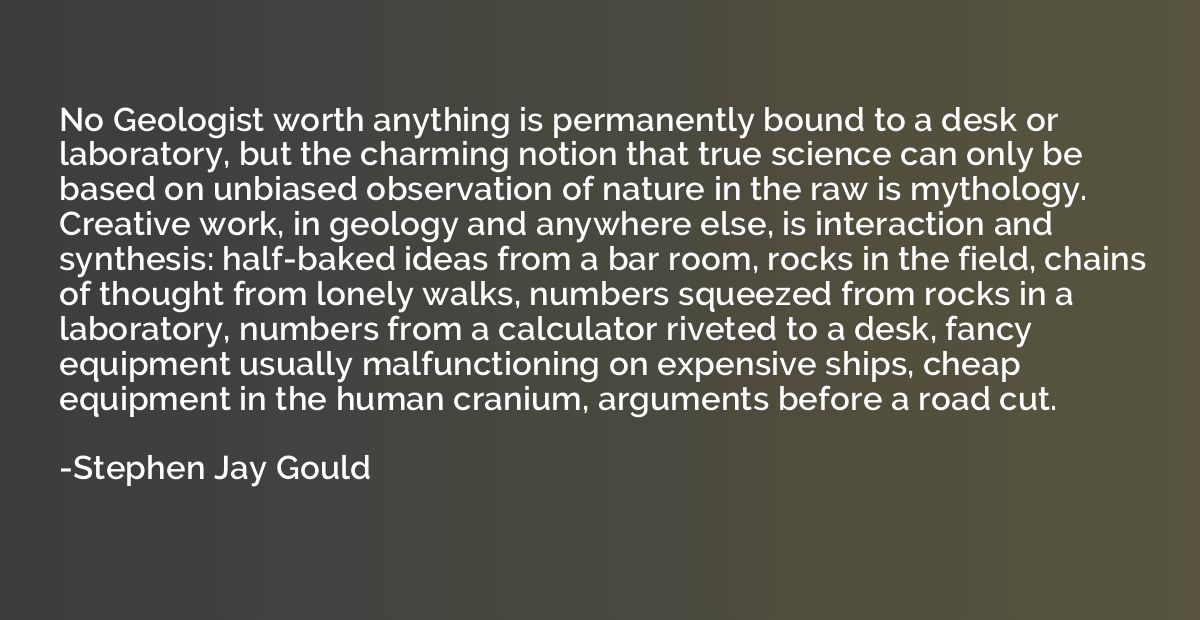Quote by Christopher Hitchens
[T]he hyphenation question is, and always has been and will be, different for English immigrants. One can be an Italian-American, a Greek-American, an Irish-American and so forth. (Jews for some reason prefer the words the other way around, as in 'American Jewish Congress' or 'American Jewish Committee.') And any of those groups can and does have a 'national day' parade on Fifth Avenue in New York. But there is no such thing as an 'English-American' let alone a 'British-American,' and one can only boggle at the idea of what, if we did exist, our national day parade on Fifth Avenue might look like. One can, though, be an Englishman in America. There is a culture, even a literature, possibly a language, and certainly a diplomatic and military relationship, that can accurately be termed 'Anglo-American.' But something in the very landscape and mapping of America, with seven eastern seaboard states named for English monarchs or aristocrats and countless hamlets and cities replicated from counties and shires across the Atlantic, that makes hyphenation redundant. Hyphenation if one may be blunt is for latecomers.
![[T]he hyphenation question is, and always has been and will](https://quotation.io/quotes/hyphenation-question-always-will-different.jpg)
Summary
The quote explains the distinction between hyphenated identities of various immigrant groups in America, while emphasizing the absence of hyphenation for English immigrants. It highlights the existence of Italian-Americans, Greek-Americans, and Irish-Americans, who celebrate their cultural heritage with national day parades. However, there is no concept of an English-American or British-American identity due to the historical and cultural influence of English heritage on American society. The quote suggests that hyphenation is unnecessary for English immigrants, as their presence in America predates the need for such identity markers.




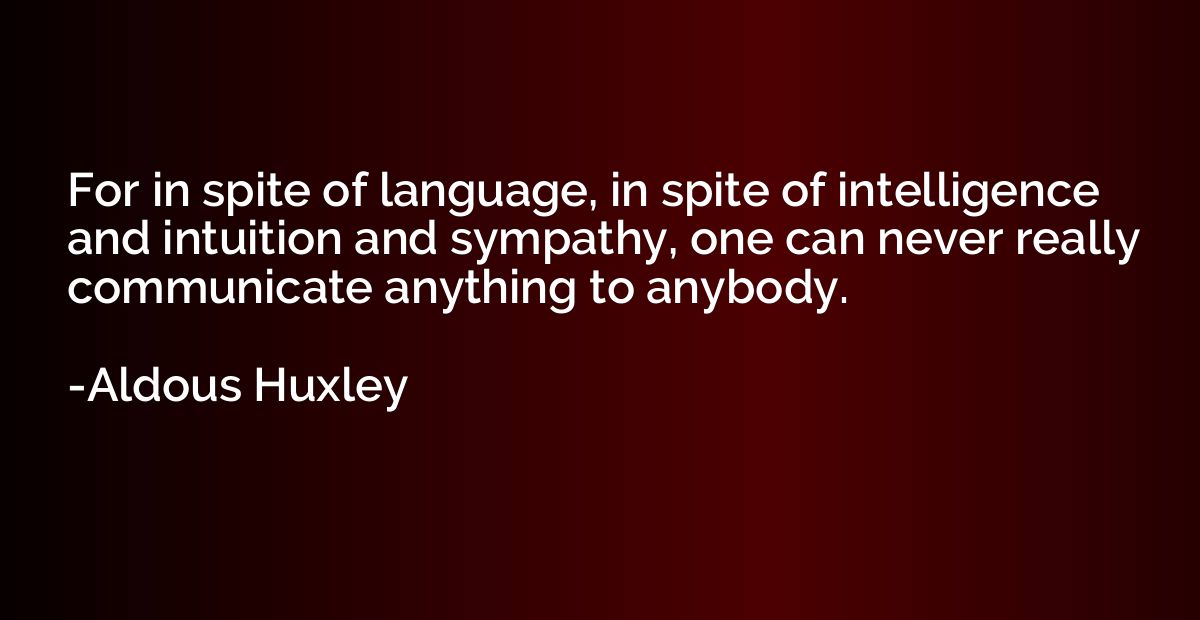
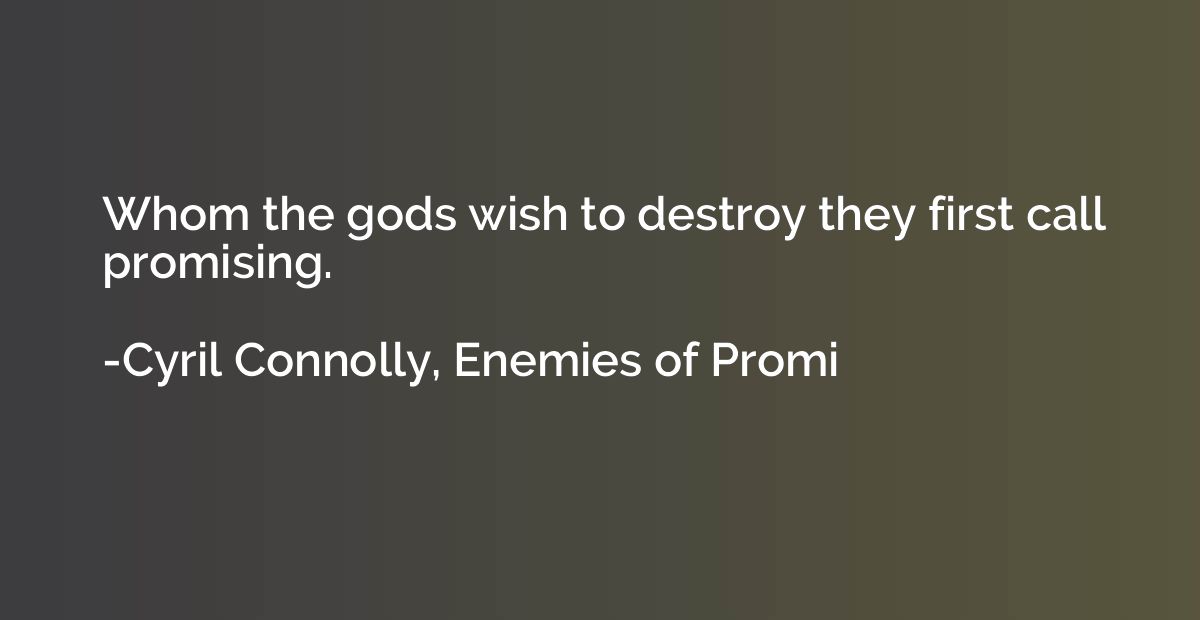
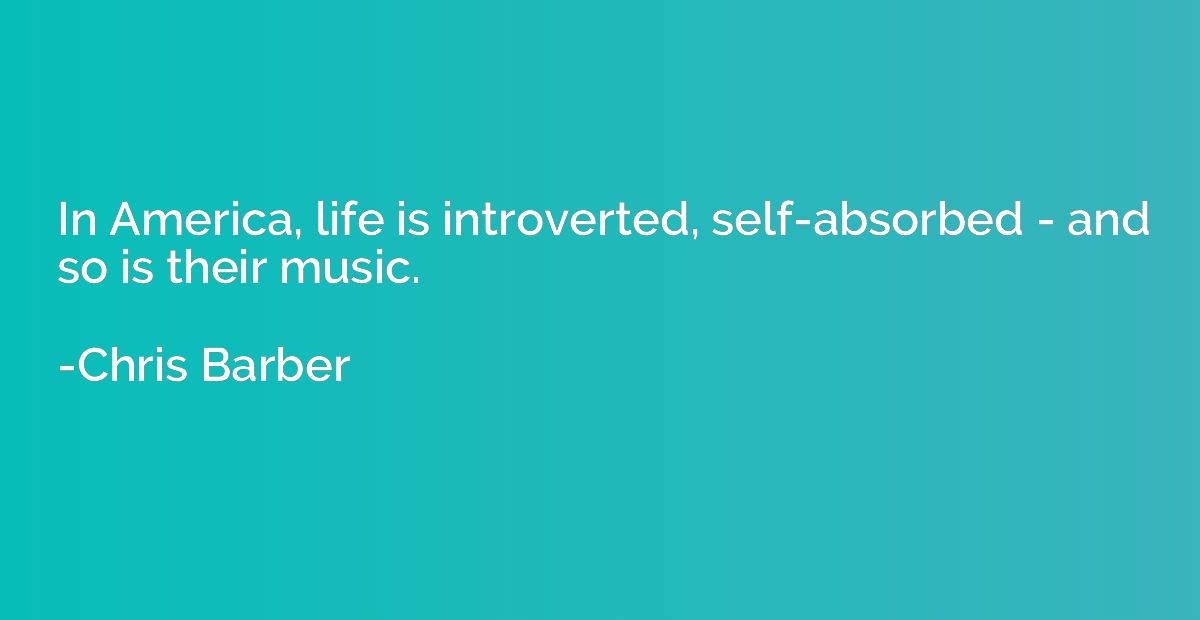

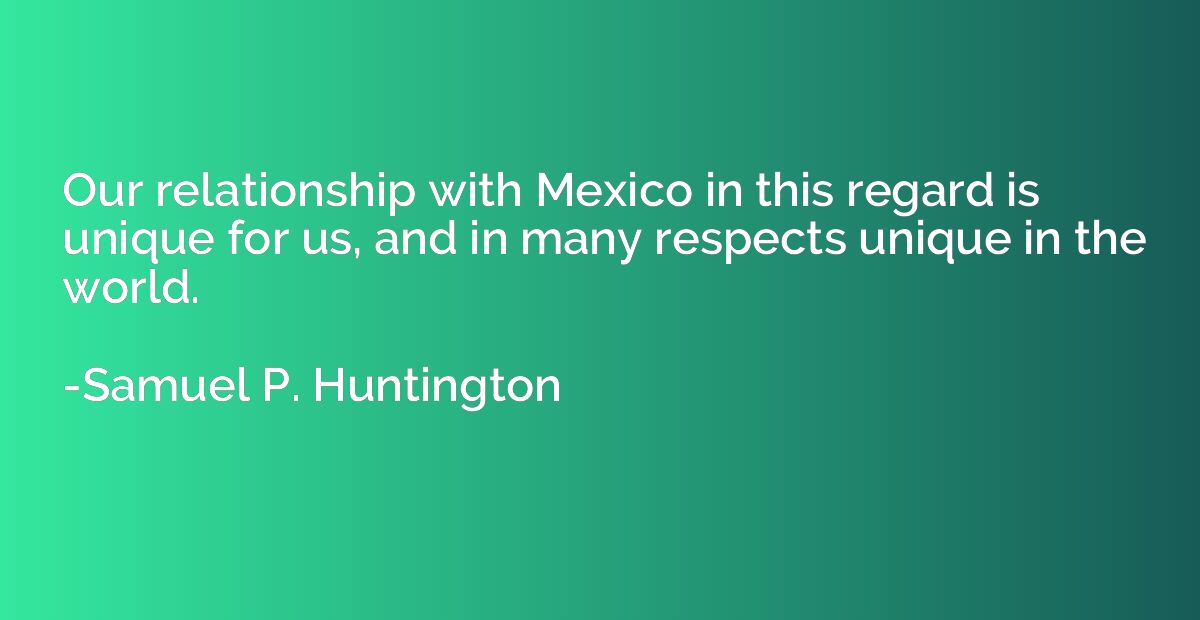




![Asymmetrie [macht] Menschen unglücklich.](https://quotation.io/quotes/asymmetrie-macht-menschen-unglucklich.jpg)
